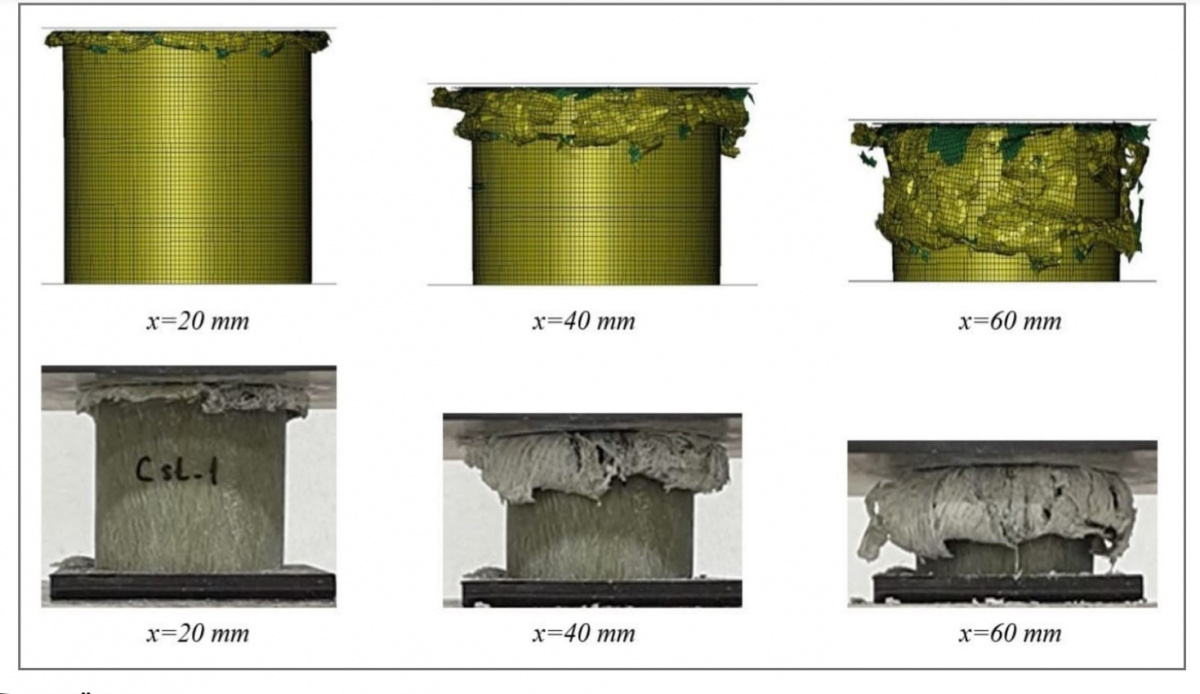Project 4 (TOBB ETÜ)
Project Topic: Enhancement of Mechanical Performance of Composite Battery Carrier System and Development of Module-Based Thermal Management System
Electric vehicles (EVs) powered by batteries typically have a much shorter driving range compared to those powered by internal combustion engines. Reducing vehicle weight is one of the most effective ways to extend driving range. One of the most effective methods for weight reduction is to use fiber-reinforced composite materials instead of standard materials like steel and aluminum. This project aims to develop a battery carrier system for electric vehicles using fiber-reinforced composite materials. R&D activities will focus on optimizing the battery carrier system for crash safety.
Within the scope of the project, fiber-reinforced composites will be studied for mechanical performance and dimensional stability. Additionally, the design of the battery carrier system will be carried out based on finite element simulations to ensure it meets the required structural strength performance against both instantaneous loads (such as crashes) and vibrations transmitted during driving.
Carbon fiber, due to its excellent mechanical properties, is one of the most effective reinforcement materials. However, due to its high cost, alternative reinforcement materials such as glass fiber, which is more cost-effective, may also be considered. To determine the most optimal fiber type for the battery carrier system in terms of both cost and structural performance, the project will also investigate the use of hybrid fibers (a combination of carbon and glass fibers).
A suitable thermal management system is required for the safe and efficient operation of electric vehicles. The thermal management system consists of heating processes, a cooling system, and other components. Based on the required voltage and power levels, a module is designed using battery cells in series or parallel configurations. The cooling system must ensure proper heat dissipation depending on the module's connection configuration. The second aim of this project is to design a cooling plate suitable for the battery modules used in electric vehicles, in line with consortium studies. Numerical analysis, modeling, and experimental work will be carried out for this purpose.
